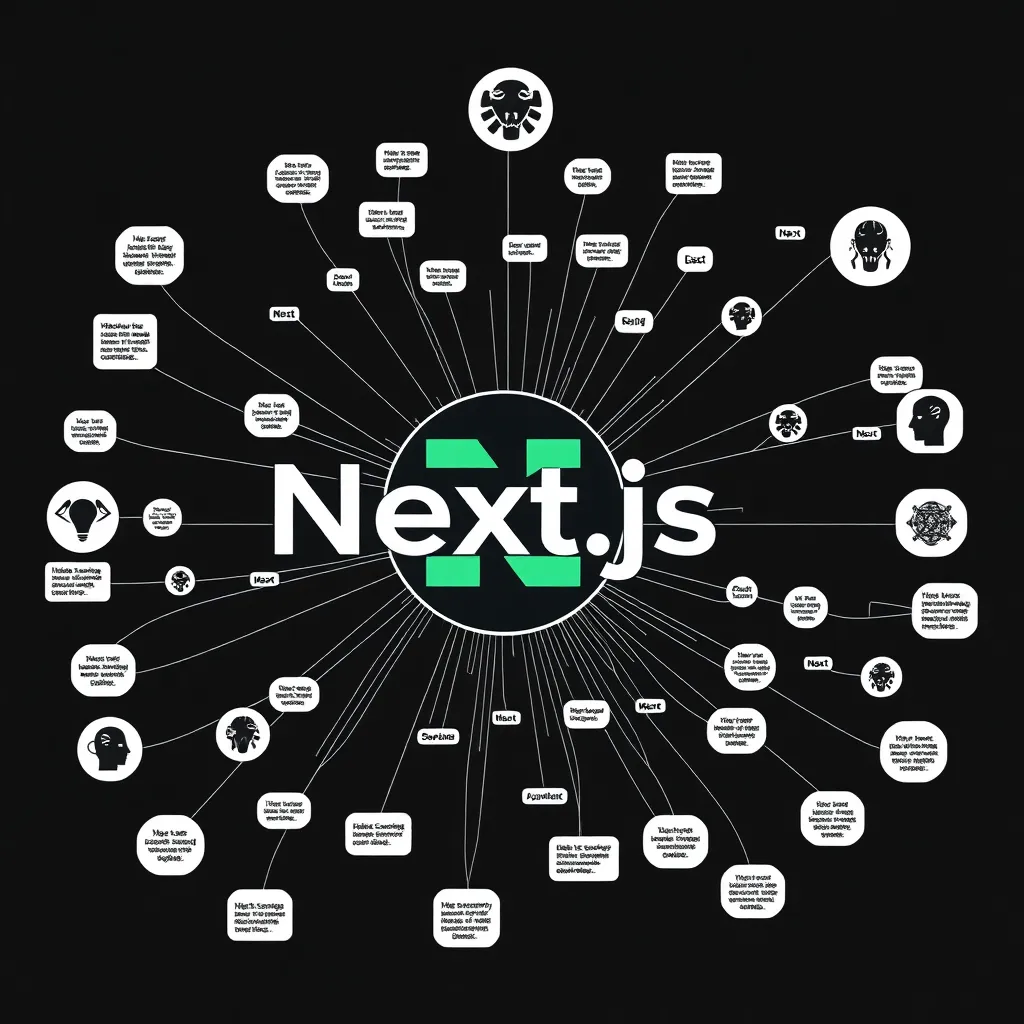In a shocking turn of events, the popular JavaScript framework Next.js has been inadvertently linked to global terrorism, causing developers worldwide to question their life choices and reconsider their coding practices. The confusion began when users of the AI language model, ChatGPT, started receiving bizarre responses linking their innocent coding queries to international terrorism.
It all started when a developer innocently asked ChatGPT for help with a Next.js routing issue. Instead of receiving the expected technical guidance, the AI responded with a stern reminder about the designation of Hamas as a terrorist organization. This unexpected pivot from code to global politics left the developer bewildered and questioning whether their choice of framework was somehow contributing to international chaos.
As the phenomenon spread, developers began to wonder if their beloved Next.js was part of a larger, more sinister plot. Was the framework secretly funneling data to shadowy organizations? Were their websites inadvertently supporting nefarious activities? Theories abounded, ranging from the plausible to the downright absurd.
In an attempt to quell the growing panic, the creators of Next.js issued a statement assuring users that their framework was, in fact, not involved in any global conspiracies. "Next.js is designed to make web development easier, not to facilitate international intrigue," they clarified. Despite this reassurance, the damage was done, and the internet was ablaze with memes and jokes about the newfound connection.
Meanwhile, ChatGPT developers scrambled to address the issue, citing a bizarre glitch in the AI's response algorithm. "We never intended for our AI to become a geopolitical commentator," they explained, "but sometimes, even artificial intelligence has a mind of its own."
As the dust settles, developers are left to ponder the strange intersection of technology and global politics. While the Next.js-terrorism link may have been a humorous misunderstanding, it serves as a reminder of the unpredictable nature of AI and the importance of context in communication.
In the end, developers can rest easy knowing that their Next.js projects are not contributing to international unrest. However, they might want to double-check their AI-generated responses, just in case their next coding question leads to an unexpected detour into the world of espionage.


